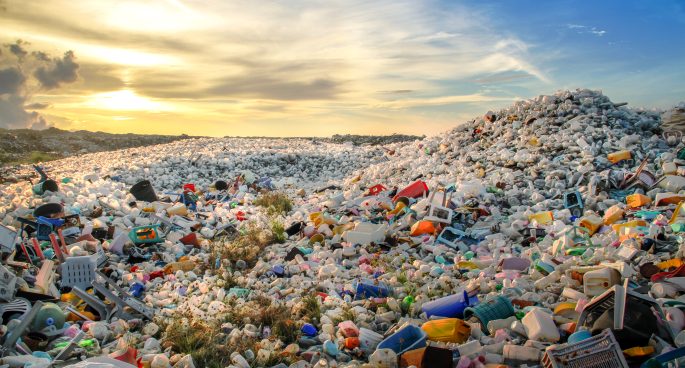175 Nations meeting in Geneva to sign a global treaty to end plastic pollution

“These are tough negotiations, and there are countries that don’t share the level of ambition that Australia and so many other countries have.
Around 100 countries, including Australia, have gone to these negotiations prepared to land a strong treaty, so we remain hopeful that we can get this done and land a deal that tackles the global plastic pollution crisis.
We want a meaningful and effective treaty that not only meets Australia’s expectations but delivers for the Pacific, where an outsized impact of plastic pollution is felt.
As a member of the High Ambition Coalition to end plastic pollution, Australia is committed to solving the problem at a global level.
But here at home, we are already taking action – working with states and territories to phase out problematic single-use plastics, we’re reforming Australia’s packaging regulations, and we are boosting Australia’s recycling capacity by investing in new recycling infrastructure”.








